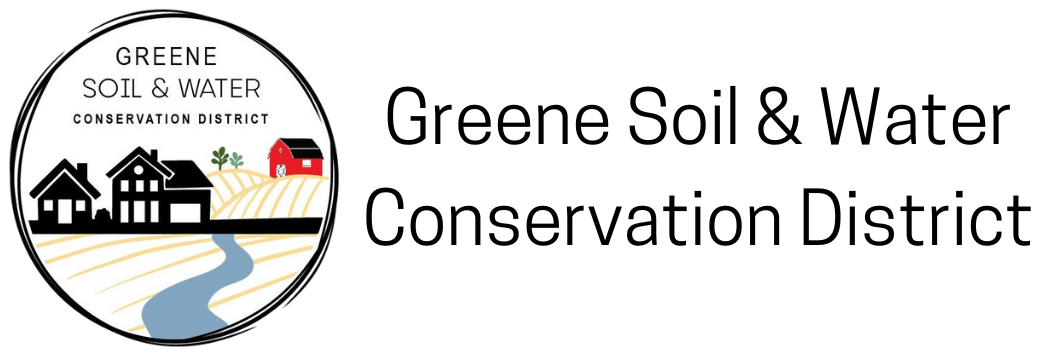Stormwater Education and Outreach
What is a Municipal Separate Storm Sewer System (MS4)?
Polluted stormwater runoff is commonly transported through municipal separate storm sewer systems (MS4s), and then often discharged, untreated, into local water bodies.
An MS4 is a conveyance or system of conveyances that is:
- owned by a state, city, town, village, or other public entity that discharges to waters of the U.S.,
- designed or used to collect or convey stormwater (e.g., storm drains, pipes, ditches),
- not a combined sewer, and
- not part of a sewage treatment plant, or publicly owned treatment works (POTW).
What are the 6 Minimum Control Measures or MCMs?
- Public Education and OutreachDistributing educational materials and performing outreach to inform citizens about the impacts polluted stormwater runoff discharges can have on water quality.
- Public Participation/InvolvementProviding opportunities for citizens to participate in program development and implementation, including effectively publicizing public hearings and/or encouraging citizen representatives on a stormwater management panel.
- Illicit Discharge Detection and EliminationDeveloping and implementing a plan to detect and eliminate illicit discharges to the storm sewer system (includes developing a system map and informing the community about hazards associated with illegal discharges and improper disposal of waste).
- Construction Site Runoff ControlDeveloping, implementing, and enforcing an erosion and sediment control program for construction activities that disturb 1 or more acres of land (controls could include silt fences and temporary stormwater detention ponds).
- Post-Construction Runoff ControlDeveloping, implementing, and enforcing a program to address discharges of post-construction stormwater runoff from new development and redevelopment areas. Applicable controls could include preventative actions such as protecting sensitive areas (e.g., wetlands) or the use of structural BMPs such as grassed swales or porous pavement.
- Pollution Prevention/Good HousekeepingDeveloping and implementing a program with the goal of preventing or reducing pollutant runoff from municipal operations. The program must include municipal staff training on pollution prevention measures and techniques (e.g., regular street sweeping, reduction in the use of pesticides or street salt, or frequent catch-basin cleaning)
